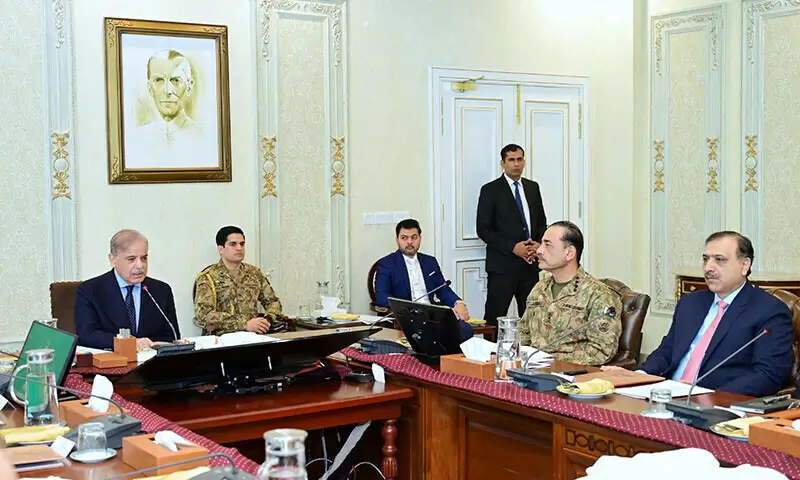Government’s Swift Response to Islamabad Protests
Prime Minister Shehbaz Sharif has taken decisive action following the intense Islamabad protests this week by establishing a high-level task force to investigate and respond to the recent violent demonstrations.
Task Force Formation and Objectives
The newly formed task force, chaired by Interior Minister Syed Mohsin Naqvi, has been mandated to:
- Identify suspects involved in the Islamabad protests violence
- Take strict legal action against those responsible
- Develop comprehensive strategies to prevent future civil unrest
Protest Details and Scale in Islamabad
The protests, led by the Pakistan Tehreek-e-Insaf (PTI) party, involved an estimated 10,000 supporters who entered Islamabad despite:
- Existing bans on public gatherings
- Citywide lockdown measures
- Deployment of 20,000 security personnel
Intense Confrontations in Islamabad’s Red Zone
Security forces employed aggressive crowd control tactics, including:
- Extensive teargas shelling
- Barricading key city areas
- Preventing protesters from reaching D-Chowk
The confrontations ultimately led to the PTI leadership withdrawing and suspending their planned sit-in.
Government’s Long-Term Security Strategy for Islamabad
Prime Minister Shehbaz Sharif outlined several key initiatives to address future potential unrest:
Proposed Security Measures
- Establishment of a dedicated Federal Riot-Control Force
- Creation of a Federal Forensic Lab using modern investigation technologies
- Modernization of the Islamabad Safe City project
- Strengthening federal prosecution services
Political Rhetoric Surrounding Islamabad Protests
Prime Minister’s Statement
Shehbaz Sharif emphasized national stability, stating that:
- The country is progressing towards development
- “Enemies of development” would not succeed
- Khyber Pakhtunkhwa remains a province of brave people
- A “handful of disruptors” do not represent the honorable Pakhtun community
PTI’s Counter-Narrative on Islamabad Protests
PTI Central Information Secretary Waqas Akram presented the opposition’s perspective:
Casualties and Legal Response
- Claimed 12 confirmed protester deaths
- Suggested more casualties might be unreported
- Announced plans to file legal cases against government and police officials
Political Accusations
- Condemned government’s handling of protests
- Rejected resolutions in Balochistan Assembly calling for PTI’s ban
- Accused government leadership of being responsible for protester deaths
Broader Implications of Islamabad Protests
The recent events highlight the escalating political tensions in Pakistan, with both the government and opposition taking hardline positions. The establishment of specialized task forces and riot control mechanisms suggests a potential shift towards more structured crowd management strategies.
The incident underscores the delicate balance between maintaining public order and protecting citizens’ rights to peaceful protest, a challenge that continues to define Pakistan’s complex political landscape.

